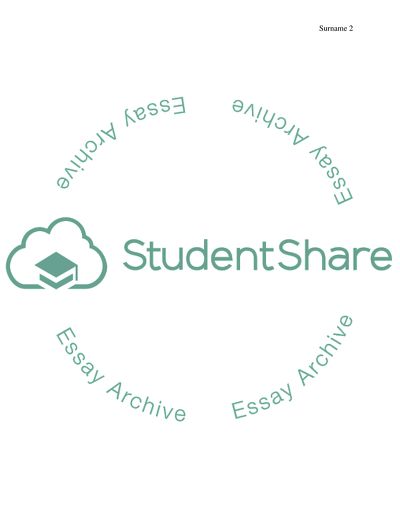Cite this document
(Is Promoting Democracy abroad in the National Interest of the U.S Coursework Example | Topics and Well Written Essays - 1250 words, n.d.)
Is Promoting Democracy abroad in the National Interest of the U.S Coursework Example | Topics and Well Written Essays - 1250 words. https://studentshare.org/politics/1838153-international-political-science
Is Promoting Democracy abroad in the National Interest of the U.S Coursework Example | Topics and Well Written Essays - 1250 words. https://studentshare.org/politics/1838153-international-political-science
(Is Promoting Democracy Abroad in the National Interest of the U.S Coursework Example | Topics and Well Written Essays - 1250 Words)
Is Promoting Democracy Abroad in the National Interest of the U.S Coursework Example | Topics and Well Written Essays - 1250 Words. https://studentshare.org/politics/1838153-international-political-science.
Is Promoting Democracy Abroad in the National Interest of the U.S Coursework Example | Topics and Well Written Essays - 1250 Words. https://studentshare.org/politics/1838153-international-political-science.
“Is Promoting Democracy Abroad in the National Interest of the U.S Coursework Example | Topics and Well Written Essays - 1250 Words”. https://studentshare.org/politics/1838153-international-political-science.


